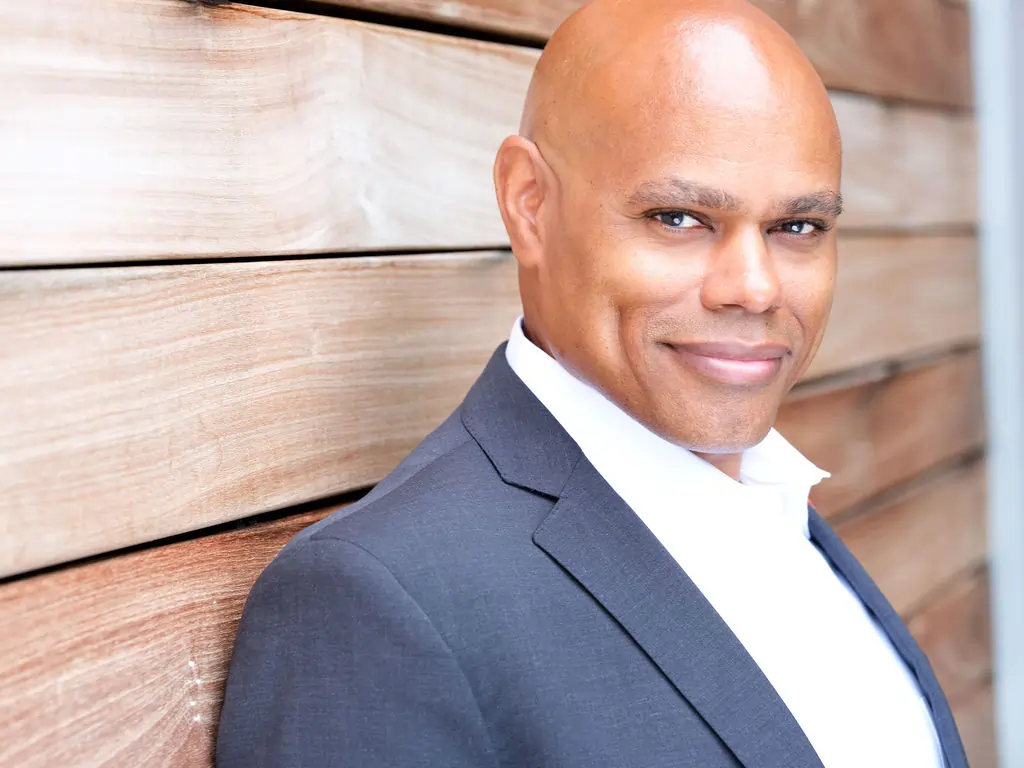
Douglas "Doug" Lemott Jr. spent nearly three decades in the U.S. Marine Corps, leading massive cyber defense operations with a steady hand and sharp vision. Today, as Chief Information Security Officer at the Analysis and Resilience Center for Systemic Risk (ARC), Lemott is drawing from those same battle-hardened instincts to defend the digital backbone of America’s financial infrastructure.
"Cybersecurity isn’t about perfection, it’s about preparedness and adaptability," he said, reflecting on a career that has bridged military command centers and corporate security suites. ARC partners with financial institutions to confront systemic risk, and Lemott sits at the helm, responsible for keeping the guardrails strong.
His shift from battlefield to boardroom was less a pivot and more an evolution.
Doug Lemott retired as a colonel after leading the Marine Corps Cyberspace Operations Group, where he oversaw security for a network of over 300,000 users. Then came leadership roles at VMware and SAP NS2, where he ran enterprise cloud operations and cybersecurity programs. But no matter how high the stakes or how advanced the tech, Lemott has remained grounded in one truth: leadership starts with people.
His remarkable career through government, defense, and now the private sector has helped him build a rare perspective, one that sees cybersecurity not just as a technical challenge, but as a leadership and trust issue.
"At ARC, our job is to build resilience into the financial ecosystem. That means bringing the right people, processes, and technology together to withstand evolving threats."
Lessons From the Trenches
Leadership, as Douglas Lemott Jr. sees it, has never been about holding rank. "One of my earliest mentors in the Marine Corps taught me that clarity of purpose and trust in subordinates are the foundations of mission success. If your Marines understand the 'why,' they’ll always find a way to accomplish the 'what.' That principle has stayed with me."
His approach to mentorship is both disciplined and deeply personal. He believes in developing leaders who are as comfortable navigating ambiguity as they are making bold decisions. That begins, he said, with helping young professionals shift their focus.
"One of my early bosses told me, 'There are a lot of great answers to bad questions. Make sure you are asking the right questions.' I encourage emerging leaders to pause, assess context, and challenge assumptions."
He doesn’t just hand out advice. He gives his team real responsibility. "Early in their development, I give them stretch assignments that force them to make decisions, take ownership, and learn from the outcome. I’m there to support, but not to steer."
Doug Lemott also isn’t afraid to share stories about challenges he’s faced and overcome.
"In a field like cybersecurity, where failure is often inevitable, it’s how we respond, recover, and adapt that defines us."
Mentorship, to him, is not about grooming followers, but building future leaders who are better prepared than he was. That mindset shows up in the way he builds teams.
"You can teach skills. But mindset, character, adaptability—those are what you build through trust, opportunity, and challenge."
Clarity Over Speed
While leading a complex joint operation during his time in national security, Lemott received a piece of advice that he still uses today. "A senior leader told me: 'In high-consequence environments, speed is important, but clarity is critical. Don’t just move fast; move deliberately in the right direction.'"
That insight fundamentally changed his approach. He stopped focusing on how quickly decisions could be made and started emphasizing the importance of understanding the bigger picture. "Whether in national security or cybersecurity, this principle helps me lead with intention rather than reaction."
In fast-moving sectors like cybersecurity, Lemott believes there’s real strength in slowing down to engage the right voices. "Sometimes, clarity comes from asking one more question or listening to the quietest person in the room."
This philosophy has helped him steer teams through both sudden threats and long-term strategy building. During his time at SAP NS2, for example, he led efforts to build a 24/7 security operations center and executed cross-functional collaboration across engineering, cloud, and compliance. But even then, he was never chasing noise. He was building clarity, brick by brick.
Spotting the Quiet Stars
When Lemott looks for rising leaders, he doesn’t focus on the loudest voices. "High potential doesn’t always announce itself with loud confidence or a polished resume. Often, it shows up in curiosity, quiet ownership, and a willingness to step into complexity without needing all the answers."
Once that potential is spotted, he opens doors. Lemott gives his people visibility. He brings them into strategic conversations and encourages them to brief senior leaders. "I believe growth happens most when people are both challenged and supported. So I try to balance direct feedback with long-term mentorship. I don’t just ask, 'How did you perform?' I ask, 'What did you learn?' and 'What would you do differently next time?'"
He views leadership development as the most critical part of his role. "Developing future leaders requires intention. It means seeing people not just for who they are today, but for who they’re capable of becoming."
And when those individuals rise? Lemott watches them thrive with pride. "The most rewarding aspect of serving as a mentor has been witnessing others step into their own leadership, often in ways that exceed anything I could have imagined for them."
Why Mentorship Still Matters
Even as his career has expanded into senior leadership, Lemott remains committed to his own mentors. "The demands of senior leadership can easily crowd out the very relationships that keep you grounded and growing."
He makes it a discipline to stay in touch, even when there is no urgent issue. Over time, many of his mentors have become peers, and some of his mentees now challenge his thinking in return.
"What’s changed most over time is the reciprocity. Many of my early mentors have become peers and confidants. And in some cases, I’ve been able to offer them perspective or support in return. That mutual growth has been one of the unexpected rewards of staying engaged."
Lemott doesn’t view mentorship as a static dynamic, but a long-term partnership that evolves over time. "What began as guidance in tactical leadership may now revolve around strategy or personal balance, but the foundation remains the same: mutual respect and trust."
At this stage in his career, the ability to both give and receive counsel keeps him sharp. It also reminds him why he started this path to begin with. "No matter how senior you become, you’re never finished learning. My mentors continue to challenge my assumptions, sharpen my thinking, and remind me of the values that matter most."
His advice to leaders at any level is simple but powerful: "Leadership isn’t about being the smartest person in the room. It’s about creating the space for others to lead well."
From a young officer guiding troops through high-stakes missions to an executive shaping national cyber resilience, Douglas Lemott Jr. has never lost sight of the human element behind every security system.
He is building more than defenses. He is building leaders.


